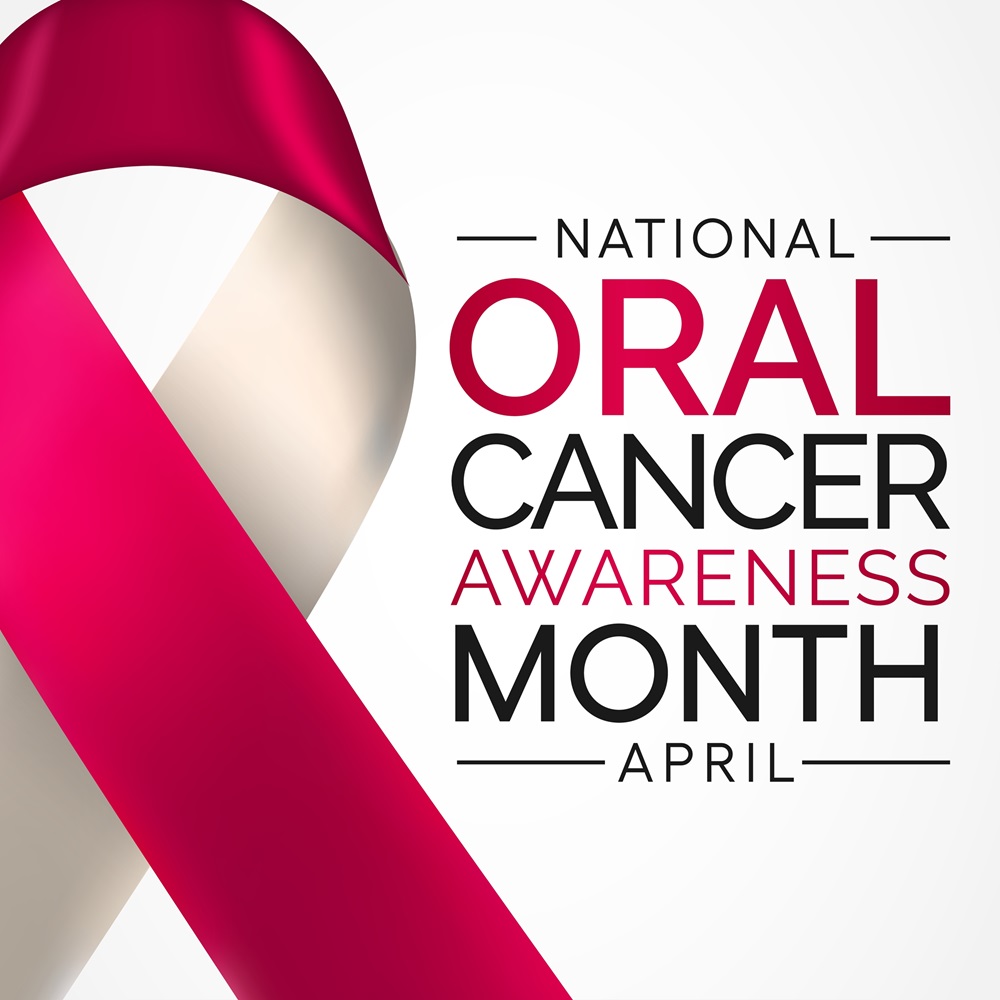
Oral cancer includes cancers of the mouth, tongue, cheeks, gums, and the floor of the mouth. The risks, prevention strategies, and diet can significantly influence the likelihood of developing this condition.
Oral Cancer Risks
Several factors can increase the risk of oral cancer. These include:
Tobacco Use:
Smoking, chewing tobacco, and using other forms of tobacco are the leading risk factors. Tobacco products expose the mouth to harmful chemicals that can cause cell damage, leading to cancer.
Excessive Alcohol Consumption:
Drinking alcohol in excess is another significant risk factor. The combination of tobacco and alcohol use increases the likelihood of oral cancer significantly more than either factor alone.
HPV (Human Papillomavirus) Infection:
HPV, particularly the HPV-16 strain, is linked to a higher risk of oropharyngeal cancers, which include cancers in the tonsils and back of the throat, but it can also affect the mouth.
Poor Oral Hygiene:
Chronic gum disease, untreated dental issues, or oral infections may increase the risk of oral cancer. Poor oral hygiene can create an environment for bacteria that may contribute to cancer development.
Age and Gender:
Oral cancer is more common in people over 40, and men are more likely than women to develop oral cancer.
Sun Exposure:
Prolonged exposure to UV rays, especially on the lips, can increase the risk of lip cancer.
Dietary Factors:
Diets low in fruits and vegetables or high in processed meats may increase the risk of developing oral cancer.
Genetic Factors:
Family history and inherited genetic mutations can increase the risk of developing oral cancer.
Prevention of Oral Cancer
There are several steps you can take to reduce the risk of oral cancer:
Avoid Tobacco Products:
The most important way to reduce your risk is by quitting smoking, chewing tobacco, and using any form of tobacco products.
Limit Alcohol Consumption:
Reducing alcohol consumption can significantly lower your risk of oral cancer.
Protect from Sun Exposure:
Use lip balm with SPF and wear a hat to protect your lips from UV rays, especially when outdoors for extended periods.
Maintain Good Oral Hygiene:
Brush and floss regularly, visit your dentist for regular checkups, and treat any dental issues promptly. Professional cleanings and screenings can help detect early signs of oral cancer.
HPV Vaccination:
The HPV vaccine can help prevent infection with HPV types that are linked to oral and throat cancers.
Get Regular Dental Checkups:
Dentists can conduct oral cancer screenings during routine visits, which can help detect signs of cancer early, improving treatment outcomes.
Diet and Nutrition
A healthy diet can play a key role in reducing the risk of oral cancer. Key dietary recommendations include:
Increase Fruits and Vegetables:
A diet high in fresh fruits and vegetables, especially those rich in antioxidants, vitamins (such as vitamin C and E), and minerals, can reduce the risk of cancer. Cruciferous vegetables (like broccoli, cabbage, and kale) are especially beneficial due to their cancer-fighting compounds.
Consume Omega-3 Fatty Acids:
Omega-3 fatty acids found in fatty fish (such as salmon, sardines, and mackerel) may have anti-inflammatory properties that help reduce cancer risk.
Limit Processed Meats:
Diets high in processed meats (like bacon, sausages, and deli meats) have been linked to an increased risk of cancer, including oral cancer. Opt for lean, unprocessed meats whenever possible.
Eat Foods Rich in Folate:
Folate (vitamin B9), found in leafy green vegetables, legumes, and fortified cereals, may help reduce the risk of oral cancers.
Drink Green Tea:
Green tea contains polyphenols, which have anti-cancer properties that can help prevent oral cancer.
Limit Red Meat Consumption:
Red meat has been associated with higher risks of oral and other types of cancer. Consider limiting your intake and opting for plant-based protein sources like beans, lentils, and tofu.
Stay Hydrated:
Proper hydration is important for overall oral health. Drinking plenty of water helps keep the mouth moist and reduces the risk of dry mouth, which can increase oral cancer risk.
Key Takeaways
The most significant risk factors for oral cancer are tobacco use, alcohol consumption, and HPV.
Preventing oral cancer involves quitting tobacco, limiting alcohol intake, maintaining oral hygiene, protecting lips from the sun, and getting regular dental checkups.
A healthy diet rich in fruits, vegetables, and omega-3 fatty acids, combined with the avoidance of processed foods and excess red meat, can lower the risk of oral cancer.